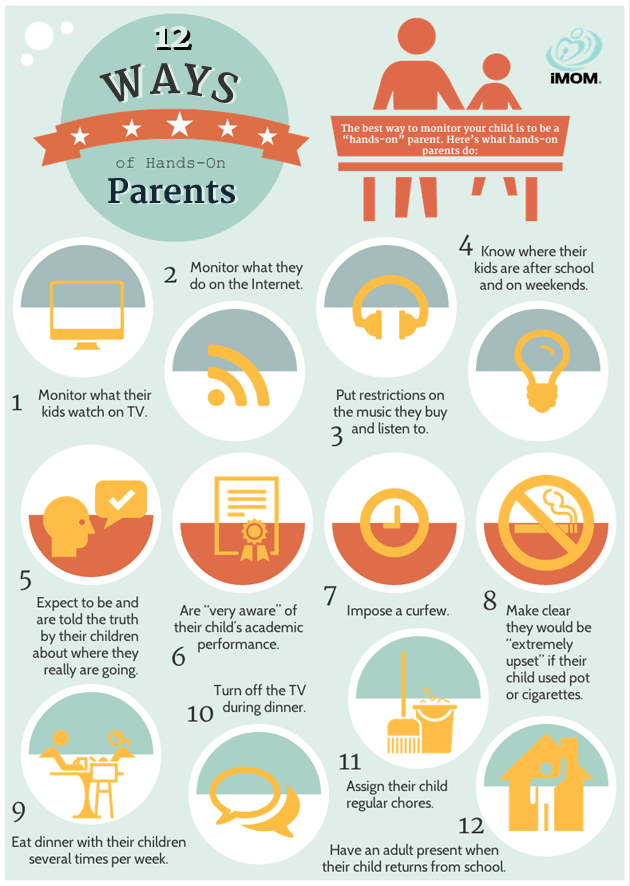Why Teaching Kindness in Schools Is
Essential to Reduce Bullying
Phrases like "random acts of kindness" and "pay it
forward" have become popular terms in modern society. Perhaps this could
be best explained by those who have identified a deficiency in their lives that
can only be fulfilled by altruism.
It seems that we just can't get enough of those addictive,
feel-good emotions -- and with good reason. Scientific studies prove that
kindness has many physical, emotional, and mental health benefits. And children
need a healthy dose of the warm-and-fuzzies to thrive as healthy, happy,
well-rounded individuals.
Patty O'Grady, PhD, an
expert in neuroscience, emotional learning, and positive psychology,
specializes in education. She reports:
Kindness changes the brain by the experience of kindness. Children
and adolescents do not learn kindness by only thinking about it and talking
about it. Kindness is best learned by feeling it so that they can reproduce it.
A great number of benefits have been reported to support
teaching kindness in schools, best summed up by the following.
Happy, Caring Children
The good feelings that we experience when being kind are
produced by endorphins. They activate areas of the brain that are associated
with pleasure, social connection, and trust. These feelings of joyfulness are
proven to be contagious and encourage more kind behavior (also known as altruism) by the giver and recipient.
Increased Peer Acceptance
Research on the subject has determined that kindness
increases our ability to form meaningful connections with others. Kind, happy
children enjoy greater peer acceptance because they are well liked.
Better-than-average mental health is reported in classrooms that practice more
inclusive behavior due to an even distribution of popularity.
Greater Sense of Belonging and Improved
Self-Esteem
Studies show that people experience a
"helper's high" when they do a good deed. This rush of endorphins
creates a lasting sense of pride, wellbeing, and an enriched sense of
belonging. It's reported that even small acts of kindness heighten our sense of
wellbeing, increase energy, and give a wonderful feeling of optimism and self
worth.
Improved Health and Less Stress
Being kind can trigger a release of the hormone oxytocin,
which has a number of physical and mental
health benefits. Oxytocin can significantly increase a person's
level of happiness and reduce stress levels. It also protects the heart by
lowering blood pressure and reducing free radicals and inflammation, which
incidentally speed up the aging process.
Increased Feelings of Gratitude
When children are part of projects that help others less
fortunate than themselves, it provides them with a real sense of perspective.
Helping someone else makes them appreciate the good things in their own lives.
Better Concentration and Improved Results
Kindness is a key ingredient that helps children feel good
about themselves as it increases serotonin levels. This important
chemical affects learning, memory, mood, sleep, health, and digestion. Having a
positive outlook enables greater attention spans and more creative thinking to
produce better results at school.
Reduced Depression
Dr. Wayne Dyer, an internationally-renowned author and
speaker, says that an act of kindness triggers an increase in serotonin, a
natural chemical responsible for improving mood. This boost in happiness occurs
not only in both the giver and receiver of kindness, but also in anyone who
witnesses it.This makes kindness a powerful,
natural antidepressant. (PDF, 14KB)
Less Bullying
Shanetia Clark and Barbara Marinak are Penn State Harrisburg
faculty researchers. They say, "Unlike previous generations, today's
adolescents are victimizing each other at alarming rates." They argue that
adolescent bullying and violence can be confronted with in-school programs that
integrate "kindness -- the antithesis of victimization."
Many traditional anti-bullying programs focus on the
negative actions that cause anxiety in children. When kindness and compassion
are taught instead, it fosters the positive behavior that's expected. Promoting
its psychological opposite is key in reducing bullying to create warm and
inclusive school environments.
Maurice Elias, Professor at Rutgers University Psychology
Department, is also an advocate for kindness. He says:
As a citizen, grandparent, father, and professional, it is clear
to me that the mission of schools must include teaching kindness. Without it,
communities, families, schools, and classrooms become places of incivility
where lasting learning is unlikely to take place . . . [W]e need to be prepared
to teach kindness, because it can be delayed due to maltreatment early in life.
It can be smothered under the weight of poverty, and it can be derailed by
victimization later in life . . . Kindness can be taught, and it is a defining
aspect of civilized human life. It belongs in every home, school, neighborhood,
and society.
It's become quite clear that modern education must encompass
more than just academics, and that matters of the heart must be taken seriously
and nurtured as a matter of priority.
How do you teach kindness? Has it reduced bullying at your
school?
